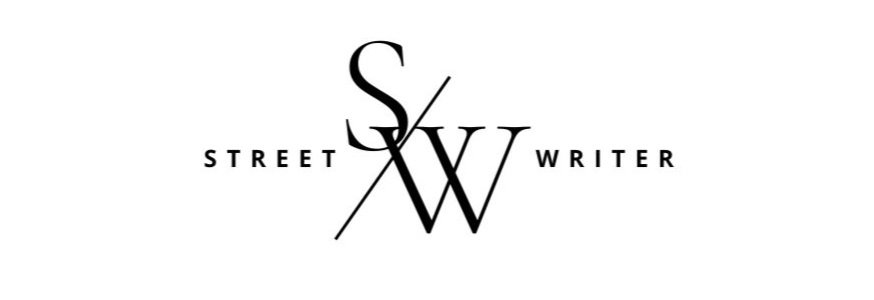Fractured Streets
In the heart of the Netherlands—once a beacon of tolerance and unity—an unsettling shadow grows. Cities like Amsterdam, Rotterdam, and The Hague, revered for their blend of cultures, now find themselves bruised by a surge in street violence. This isn’t just any disorder; it’s violence fueled by complex political and religious tensions, with Islamic fundamentalists, pro-Palestinian supporters, and antisemitic sentiments now simmering on street corners and under the soft glow of Dutch streetlights. Many Dutch citizens are left wondering why their leaders, guardians of this nation’s values, seem hesitant to confront this unfolding crisis head-on. At the core of the issue lies the Israel-Palestine conflict—a wound that, although far from Dutch borders, has managed to rip at the seams of this society. Pro-Palestinian demonstrations have erupted, initially in peaceful solidarity, yet too often these gatherings become fertile ground for inflammatory rhetoric. Antisemitic slogans ring out, and Jewish communities in the Netherlands find themselves looking over their shoulders, haunted by echoes of history and the specter of an ever-present hate they thought was buried. These events have left many Jewish Dutch citizens questioning their sense of belonging, forced to reconcile their love for this land with a creeping feeling of insecurity. Jewish mothers walk their children to school, warily glancing at graffiti scrawled on walls; Jewish business owners, long proud contributors to Dutch society, now keep an eye on their windows, wondering if intolerance will soon manifest as shattered glass. Communities that have long lived side by side now eye each other with suspicion as extremist elements from all sides exploit the unrest. Islamic fundamentalists, seizing the moment, target vulnerable youths with promises of identity and purpose, trying to deepen the rift for their gain. And yet, amid these warning signs, Dutch authorities have been frustratingly slow to respond with the urgency that many citizens are desperate to see. They issue statements and call for dialogue, clinging to a decades-old tradition of tolerance that feels, to some, like watching an outdated reel as the world burns. This reluctance to act more decisively, some say, stems from fear—fear of political backlash, fear of being seen as biased, fear of disrupting the peace they so idealistically cherish. But in this hesitation, they are allowing the fabric of Dutch society to fray before our very eyes. The Netherlands is no stranger to diversity, nor to complex identities, but it now stands at a crossroads where inaction is no longer neutral. The government’s unwillingness to curb hate speech, to root out individuals using public platforms to call for violence, and to take a stand for Jewish, Muslim, and every Dutch citizen’s safety, is a betrayal of the very values it claims to uphold. If the Dutch government doesn’t take a stand, if it fails to recognize that tolerance without accountability is a hollow promise, then this dream of a united Netherlands may slip away. As visceral as it is urgent, we are left with a question: if the state won’t protect us, if our leaders can’t find their courage, who will? For those who love this country, who believe in its promise, this is a plea—to save the soul of the Netherlands before it’s too late.
